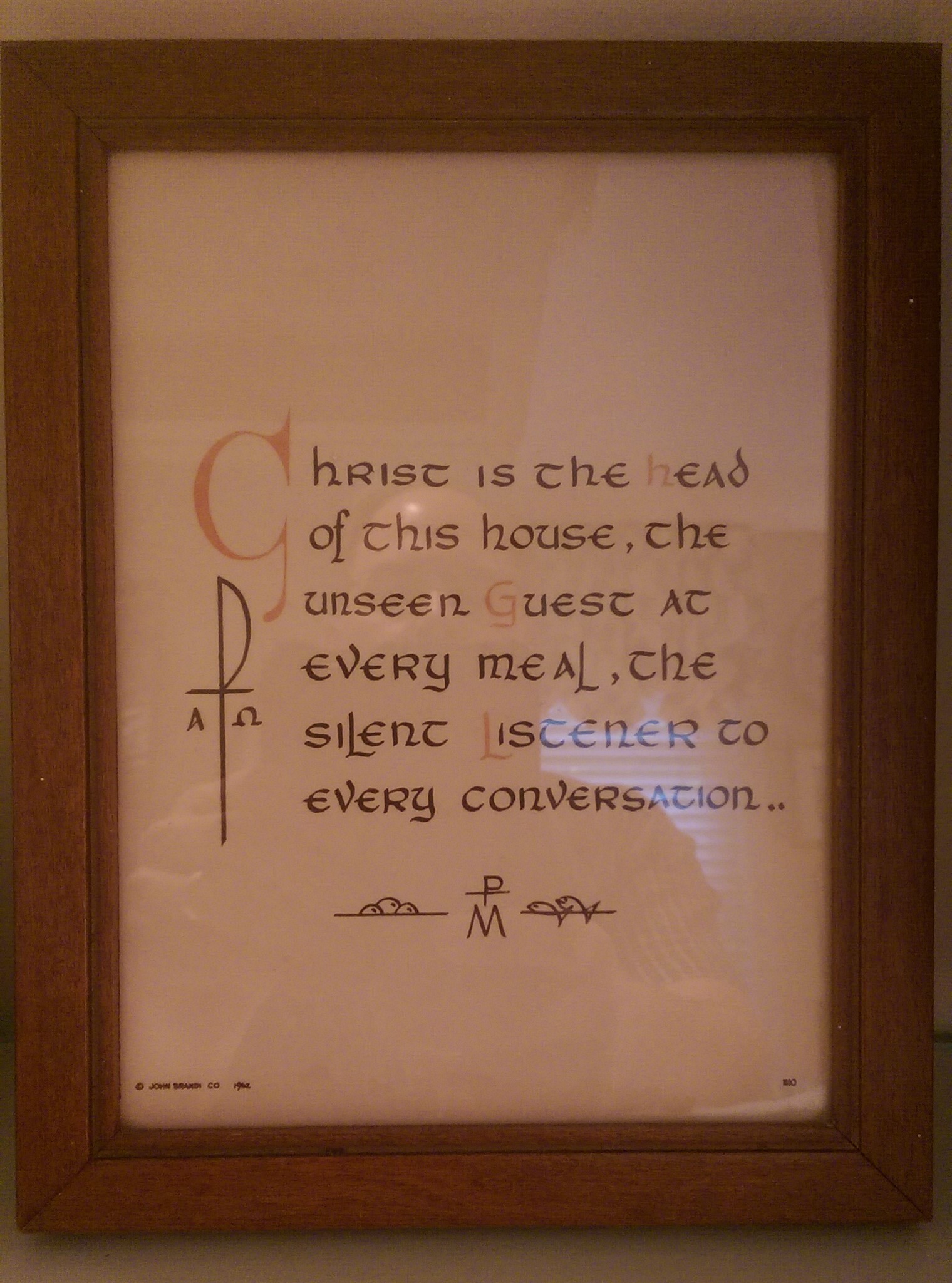
Job 38-42
(The LORD Responds)
June 3rd
Produced by The Listening for God Ministry
Copyright 2016
Click here for a print- friendly version
Please refer to one or more Bible versions of your choice to read this section. We recommend that you read at least two versions for added understanding. For your convenience, we have provided six links below, each of which takes you directly to today's chapters in a specific version:
Bible Gateway
Key Verse
Pull yourself together, Job! Summary of Chapters
The LORD spoke to Job and his friends. He had been listening to the dramatic dialog and debate among these humans and chose to speak at a time of his choosing. He began by responding to Job with a series of seventy-eight rhetorical questions, as recorded in chapters 38-40. These questions established the limits of man’s knowledge compared to the limitless power and knowledge of God. The questions were humbling and in some cases seem to be sarcastic. Here is a sampling from different Bible translations:
“Where wast thou when I laid the foundations of the earth? declare, if thou hast understanding."
God then dares Job to answer, as noted in chapter 40, and Job replies that he is unworthy to speak. God spoke again, as described in chapters 40-41. He described in great detail the inability of man to conquer an elephant (Job 40:15-24) or a crocodile (Job 40:1-10) as a reminder of how much less ability man has to confront God. Reflection and Application
The importance of the book of Job is illustrated by the extent to which it has become embedded in the conscious of our culture through references, analogies, and quotes. For example, if you watch the movie “Secretariat” you will recognize a quote from God’s speech to Job that is read by the narrator at the beginning of the movie:
“Do you give the horse its strength
God created the horses, the riders, and the earth they run on. He also stuck around to watch over man and beast, but his presence is not always so obvious. My parents had a framed quote in their house that said “Christ is the head of this house, the unseen guest at every meal, the silent listener to every conversation (shown to the right)."
“God’s final word now places Job’s suffering as part of a vast scheme of things which is far too transcendent for any mere mortal to comprehend. Human wisdom is derivative of God’s wisdom and, if there are areas that human wisdom cannot penetrate, it is not because God’s wisdom is deficient. It is because human wisdom is too limited and small. For all his persistence, Job cannot extricate himself from the limitations of his own humanity.
If we are tempted to question the decisions that God makes then we should remember that his wisdom and power surpasses ours – he sees in full a plan that we may not even glimpse. God never answered the question of why the good and righteous suffer. He doesn't need to answer that, but we need to trust him.
Questions and Prayers for Further Reflection
Footnotes
(1) Funk, Rev. Dr. Walter B., “God’s Final Word,” sermon delivered at Noroton Presbyterian Church, Darien, CT, October 19th, 1997
Looking Ahead
Tomorrow's reading: Psalms 1-8 (Finding Delight in the Law of the LORD)
Job 38-42 (King James Version - KJV)
Job 38-42 (New Revised Standard Version - NRSV)
Job 38-42 (New International Version - NIV)
Job 38-42 (The Message - MSG)
US Conference of Catholic Bishops
Job 38 (New American Bible - NAB) (click the "next chapter" link on the site for chapters 39-42)
British Bible Society
Job 38 (Good News Bible - GNB) (click next for chapters 39-42)
Up on your feet! Stand tall!
I have some questions for you,
and I want some straight answers.
- Job 38:3 (MSG)
- Job 38:4 (KJV)
"Hast du bei deiner Zeit dem Morgen geboten und der Morgenröte ihren Ort gezeigt,
daß sie die Ecken der Erde fasse und die Gottlosen herausgeschüttelt werden?"
- Job 38:12-13 (Luther Bibel 1545)
"Have you comprehended the vast expanses of the earth?
Tell me, if you know all this. And do you have any idea how large this earth is?"
- Job 38:18 (NIV)
"Do you have an arm like my arm?
Can you shout in thunder the way I can?
Go ahead, show your stuff.
Let's see what you're made of, what you can do.
Unleash your outrage.
Target the arrogant and lay them flat."
- Job 40:9-11 (MSG)
Job replies again, as recorded in chapter 42, confessing that he “spoke of things he did not understand and declared his repentance.” God concluded by rebuking the three friends of Job, noting that they had not spoken correctly of him, as Job did (somehow Elihu did not get mentioned or rebuked). Yet he gave them an opportunity to repent by offering sacrifices and saying that Job would pray for them - Vindication!
God then restored Job’s health and prosperity, even greater than before. Job lived a long life. Everyone who forgot him when he was down and out returned to renew their friendship and respected him once again.
or clothe its neck with a flowing mane?
Do you make it leap like a locust,
striking terror with its proud snorting?
It paws fiercely, rejoicing in its strength,
and charges into the fray.
It laughs at fear, afraid of nothing;
it does not shy away from the sword.
The quiver rattles against its side,
along with the flashing spear and lance.
In frenzied excitement it eats up the ground;
it cannot stand still when the trumpet sounds.
At the blast of the trumpet it snorts, ‘Aha!’
It catches the scent of battle from afar,
the shout of commanders and the battle cry.
- Job 39:19-25 (NIV)

This ever-present quote reminded me of the ever-present companionship of God, and the framed quote now sits on my desk, courtesy of my family. God was the silent listener to Job and his friends and is the silent listener to every conversation we have with our friends, families, colleagues, strangers, and even those discussions with ourselves – either out loud or silently.
God intervenes with comments when he sees fit, and if we are attuned to him, then we shall hear him, or if he comes at us loudly we may hear him even when not attuned. We should be in awe if and when he addresses us, but should not be totally surprised. He spoke to many people in the Bible and continues to speak to us today. If he calls, then listen, as Job did.
Imagine Job’s reaction when God spoke. Yes! This is what I have been waiting for!! Now I can hear him and address him and find out what is going on. Here come the answers!! But instead he got questions! Job might have been trembling in his sandals as God reminded him of their relative positions: Did you make this? Do you know this? Were you there when time began? Perhaps Job even had an uncontrollable nervous laugh when he heard this line: “Do you send the lightning bolts on their way? Do they report to you, 'Here we are.'(Job 38:35 - NIV)?"
God may have seemed like an overpowering authoritarian as he rattled off the series of rhetorical questions. But this was not his purpose. He wanted to ensure that Job and his friends were properly humbled before him. He did not seek to frighten them to death or inflate his own position – he doesn’t need to inflate something that is already infinite. Instead, he sought to restore them, but they needed humility to accept the restoration.
When we suffer, our best plan is to turn to God for strength and confess whatever we have done wrong. Our restoration may come in this life, as it did for Job (doubling what he had before), or later, as it did for others. In a sermon on this topic, the Rev. Dr. Walter Funk observed the following:
A final word from God to Job is “trust me, and you will be at peace.” This large and ever-expanding view of God as creator, not only invites awe, but I believe that it serves to silence human pretension and arrogance about the hidden things of God (1).
For another perspective, watch and listen to the opening scene from Secretariat in the video clip below to hear the quote from Job 39:19-25:
The whole movie is worth seeing as well, so check that out also if you have an opportunity.
What are the words that stand out in your mind from the book of Job? See an illustration of the relative frequency of each word on the "66 Clouds" website by clicking the following link: Job Word Cloud
Related Questions
Recommended Prayer
Father in Heaven we know that you are the silent listener to every conversation and thought. Help us to accept your ways and listen to your words.
Suggested Prayer Concerns
People who take care of horses
Comments and Questions
If you have comments or questions, please add them to our Comments page, email to the author at
ted@listeningforGod.org,
or share your comments or questions via the Listening for God Twitter account